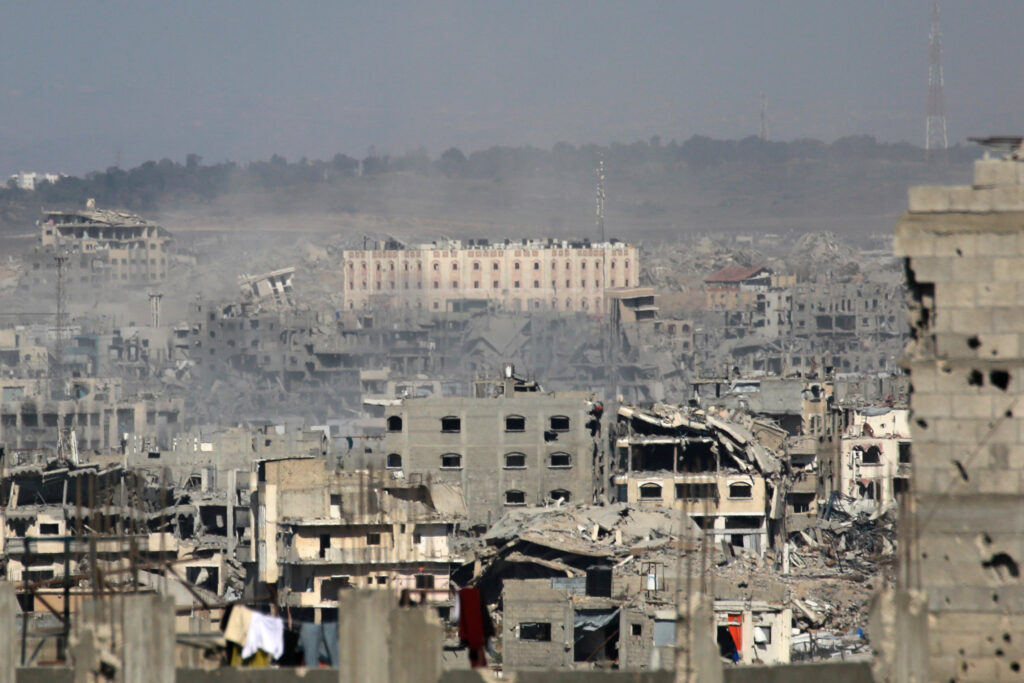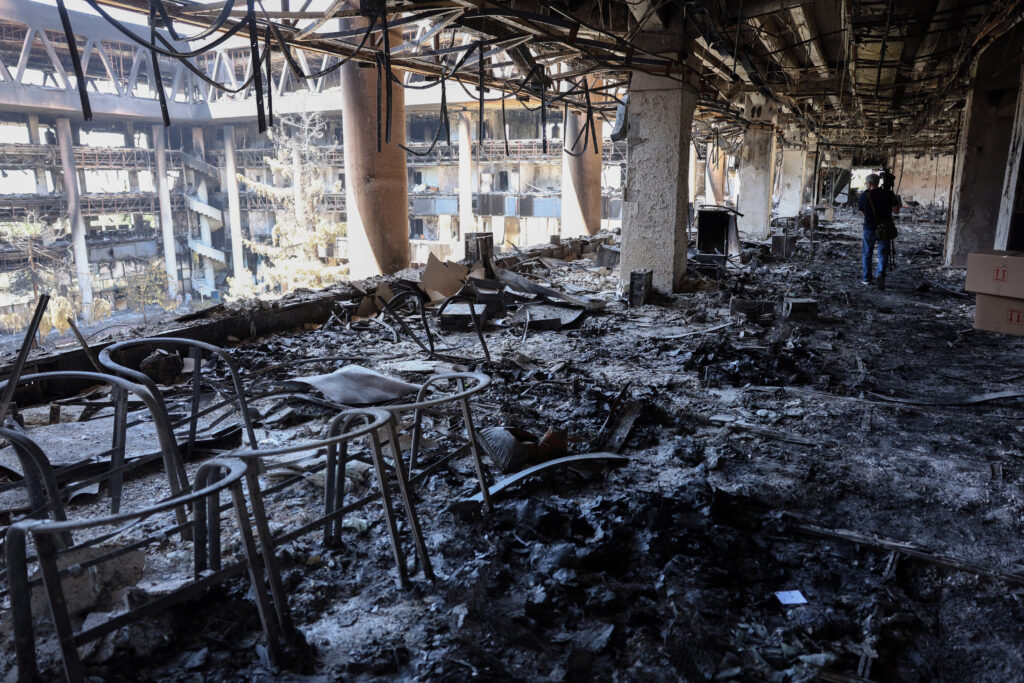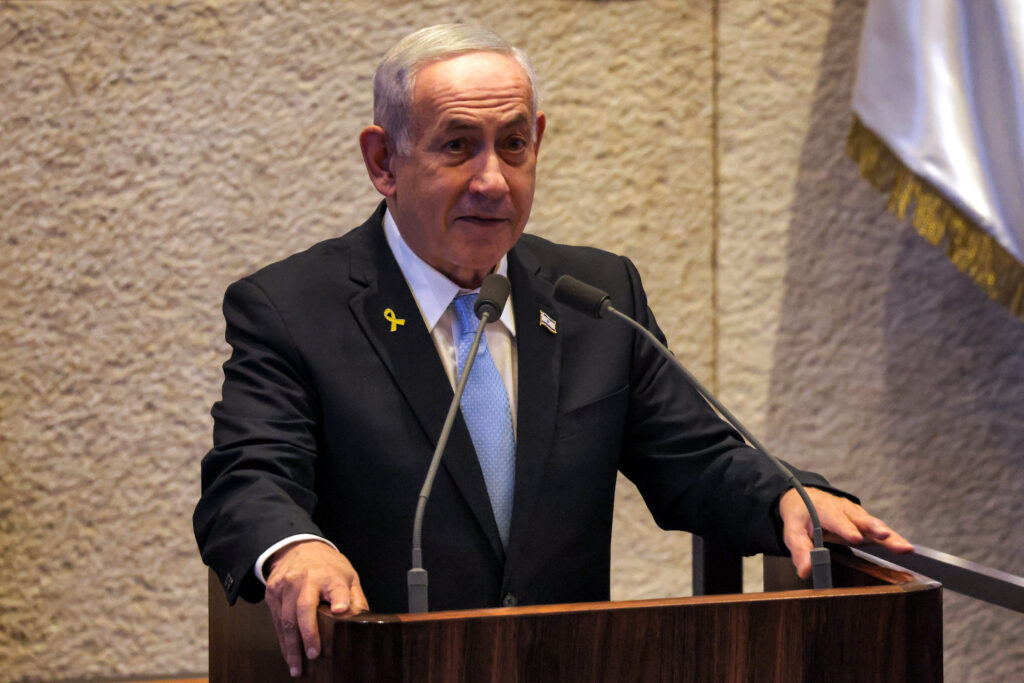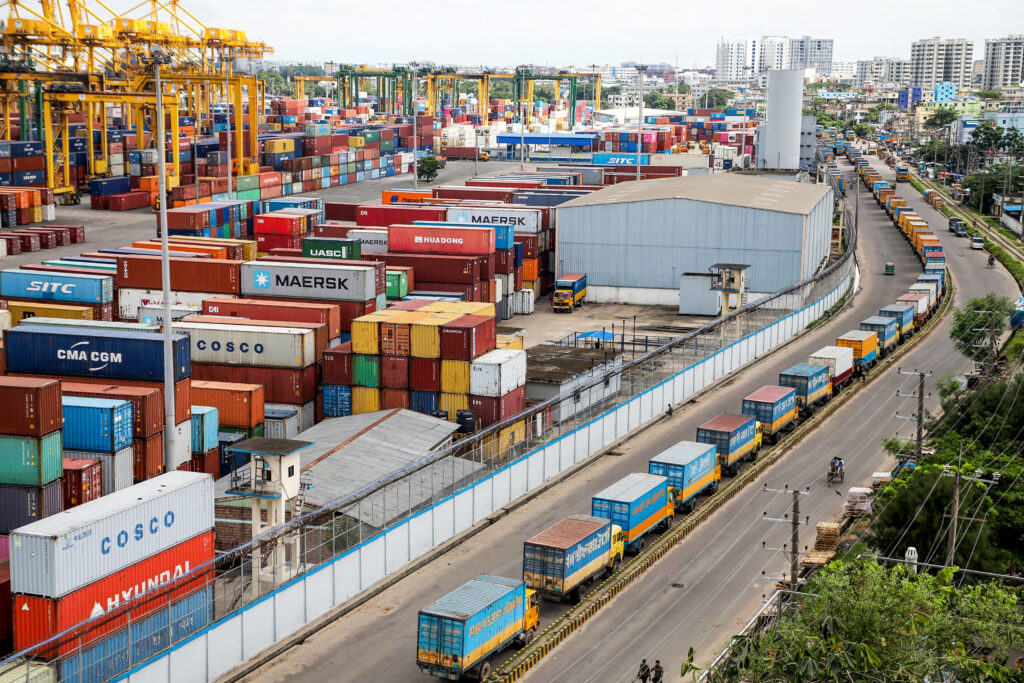Netanyahu eyes hostage breakthrough as Gaza families mourn victims
Israeli Prime Minister Benjamin Netanyahu said his country’s recent war with Iran had created “opportunities” for freeing hostages held by Hamas militants in Gaza, where witnesses and rescuers reported more than 30 people killed Sunday.His comments lifted hope for a new ceasefire in the devastating conflict in the Palestinian territory, after US President Donald Trump said he hoped a truce could be sealed within days.Israel is bombarding Gaza in a bid to destroy the militant group Hamas after its deadly attack on Israel in October 2023.Netanyahu said that after his country’s recent “victory” over Iran in their 12-day war, “many opportunities have opened up… first of all, to rescue the hostages.””Of course, we will also have to solve the Gaza issue, to defeat Hamas, but I estimate that we will achieve both goals,” he said.Following the war between Israel and Iran that ended with a ceasefire on June 24, domestic and diplomatic pressure has risen on Netanyahu to also secure a halt to the fighting in Gaza.Posting on his Truth Social platform on Sunday, Trump weighed in, writing: “MAKE THE DEAL IN GAZA. GET THE HOSTAGES BACK!!!”The US president had said on Friday that he was hoping for a new ceasefire there “within the next week”.- Gaza strikes -Devastating bombardments continued in Gaza on Sunday, witnesses and rescuers said.Civil defence spokesman Mahmud Bassal told AFP that the day’s toll had risen to 34 people killed in various locations around the Gaza Strip, including at least four children.The Israeli military told AFP it was not able to comment on the reported strikes but said it was fighting “to dismantle Hamas military capabilities”.Bassal said two children were killed in an air strike on their home in Gaza City’s Zeitun district in the early morning.A family member, Abdel Rahman Azzam, 45, told AFP he was at home when he “heard a huge explosion at my relative’s house”.”I rushed out in panic and saw the house destroyed and on fire,” he added.”We evacuated more than 20 injured people, including two martyrs — two children from the family. The screams of children and women were non-stop,” Azzam said.”They bombed the house with a missile without any prior warning. This is a horrific crime. We sleep without knowing if we will wake up.”Restrictions on media in Gaza and difficulties in accessing many areas mean AFP is unable to independently verify the full tolls and details provided by rescuers.Elsewhere, Bassal said a drone strike on a tent camp housing displaced people near the southern city of Khan Yunis killed five people, including two children.An AFP journalist filmed people carrying victims from that strike into the Nasser Hospital in Khan Yunis and families mourning over five bodies.”We were sleeping and I woke up as if I was electrocuted and my children started screaming,” said one of the bereaved relatives at the hospital, Iman Abu Marouf, 35.She said two of her children, aged 10 and 13, were killed in the strike.- Israeli soldier killed -The Israeli military said in a statement on Sunday that a 20-year-old soldier was killed “during combat in the northern Gaza Strip”.The military had issued an evacuation order earlier in the day for parts of Gaza City and nearby areas in the territory’s north.The military “will operate with intense force in these areas, and these military operations will intensify and expand… to destroy the capabilities of the terrorist organisations”, military spokesman Avichay Adraee said in a statement on X.He told residents to “evacuate immediately” to the Al-Mawasi area on the southern coast.An AFP journalist filmed residents transporting their belongings on carts as they fled from the eastern Al-Tuffah and Al-Daraj districts of Gaza City after the order.AFP video footage filmed from southern Israel showed large plumes of smoke rising from northern Gaza.Criticism has grown over mounting civilian deaths at US- and Israeli-backed food distribution centres in the territory.Bassal said four people were killed by Israeli gunfire near an aid distribution centre in Rafah, southern Gaza, on Sunday.Israel launched its campaign in Gaza in response to Hamas’s October 7, 2023 attack, which resulted in the deaths of 1,219 people, mostly civilians, according to an AFP tally based on Israeli official figures.Israel’s retaliatory campaign has killed at least 56,500 people in Gaza, also mostly civilians, according to the Hamas-run territory’s health ministry. The United Nations considers these figures to be reliable.





